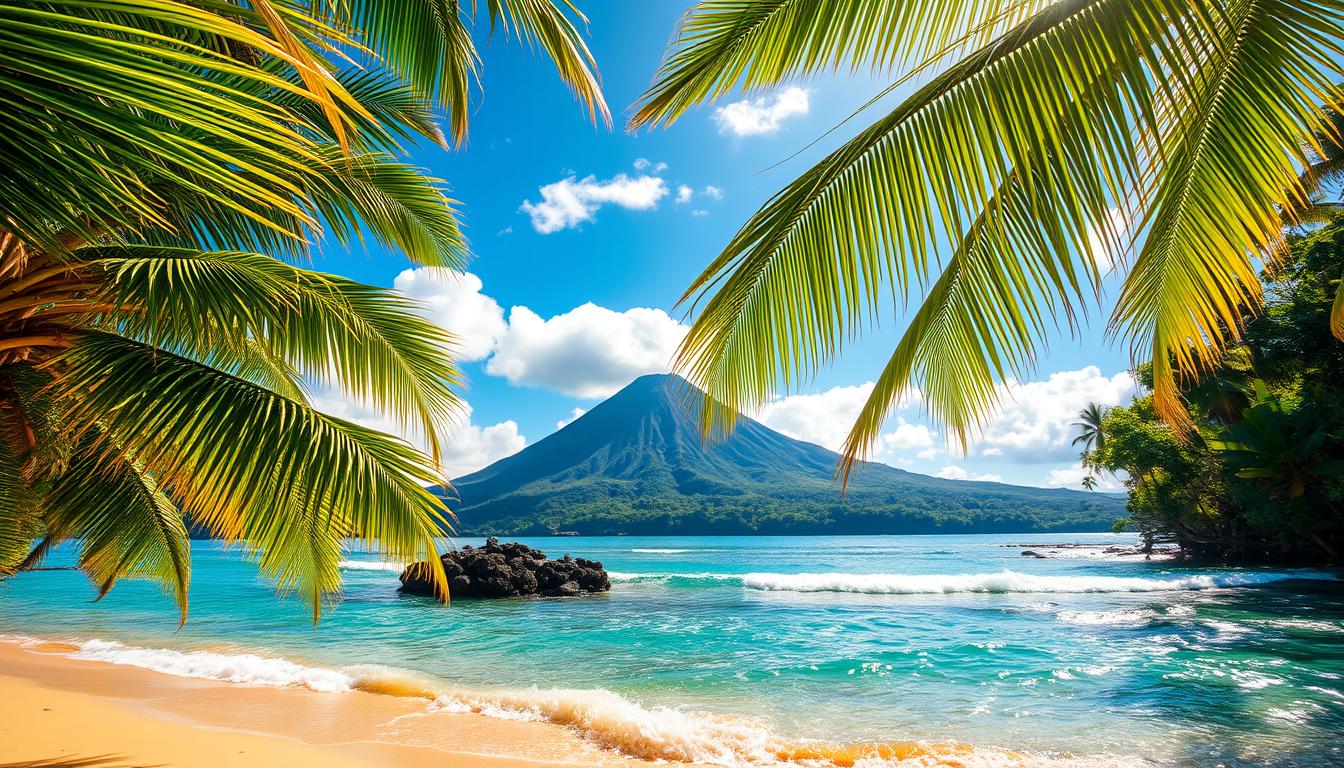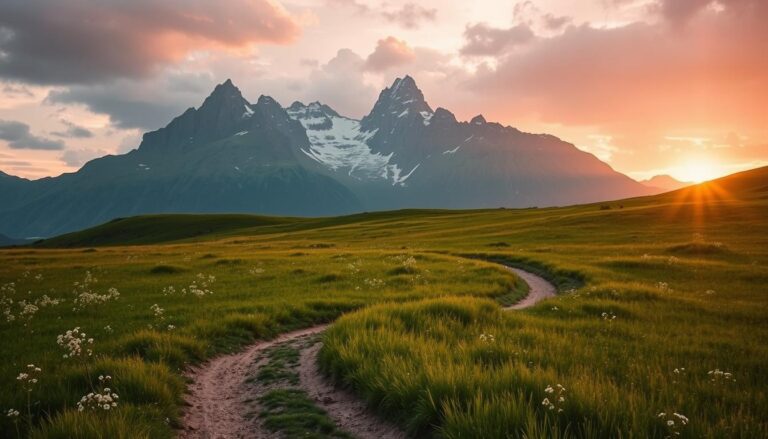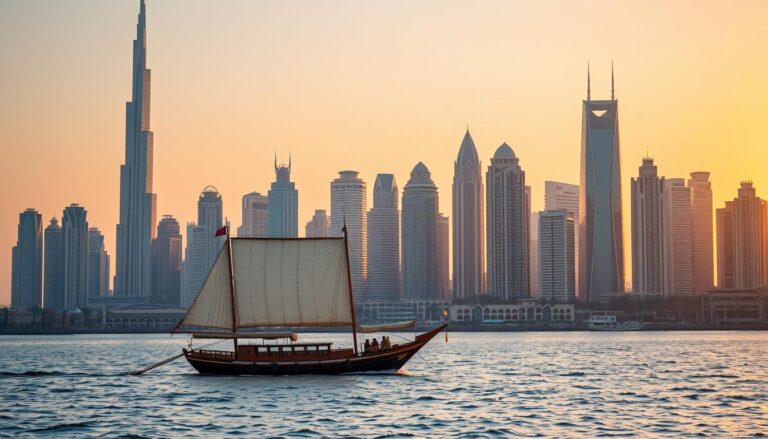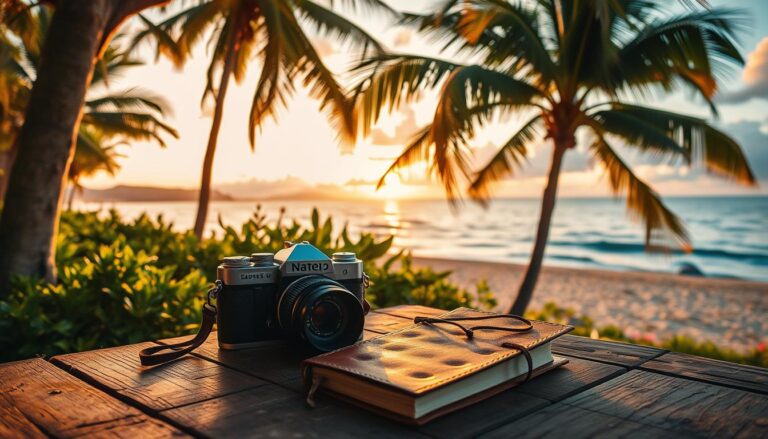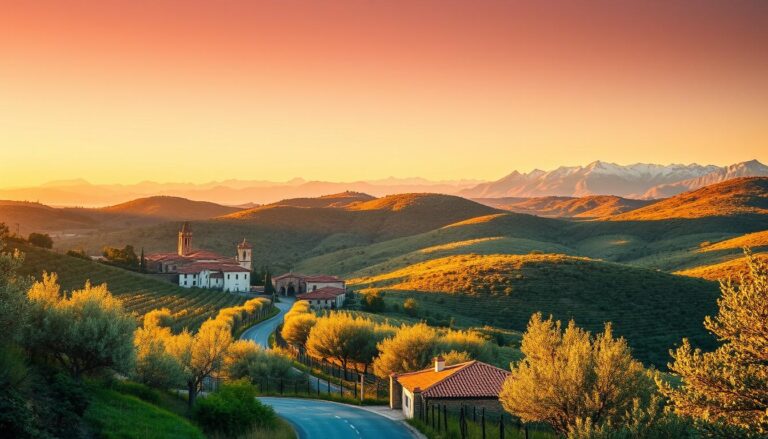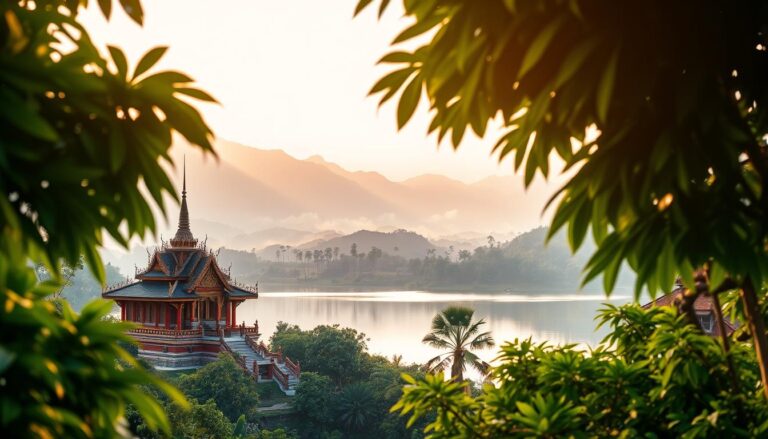Embrace the Bali Travel Aesthetic: Unlock the Island’s Photogenic Wonders
Every traveler dreams of a destination that captures the imagination, and Bali emerges as the ultimate canvas of tropical paradise imagery. The island whispers stories through its lush landscapes, vibrant culture, and breathtaking scenes that transform ordinary photography into extraordinary memories.
Bali’s travel aesthetic transcends typical vacation snapshots. It’s an immersive experience where emerald rice terraces, ancient temples, and golden beaches create a visual symphony that beckons photographers and wanderers alike. Each frame tells a story of natural beauty intertwined with rich cultural heritage.
From the moment you step onto this magical island, you’ll understand why Bali has become a global icon of visual storytelling. The Bali travel aesthetic isn’t just about beautiful pictures—it’s about capturing moments that resonate deep within your soul.
Table of Contents
Understanding the Essence of Bali Travel Aesthetic
Bali stands as a visual masterpiece, weaving balinese cultural aesthetics into a breathtaking tapestry of tropical wonder. The island’s unique aesthetic transcends ordinary travel experiences, inviting photographers and wanderers to explore its rich visual landscape.
The island’s visual identity emerges from a profound connection between tradition and natural beauty. Wanderlust visuals capture the essence of Bali through intricate details that tell a complex cultural story.
Cultural Elements Defining Bali’s Visual Appeal
Bali’s visual narrative is composed of several key elements:
- Intricate temple architecture
- Vibrant ceremonial clothing
- Lush tropical landscapes
- Traditional artistic expressions
The Evolution of Tropical Paradise Photography
Photography in Bali has transformed dramatically, shifting from documentary-style images to immersive storytelling. The visual representation now emphasizes emotional connections and cultural depth.
| Era | Photographic Approach | Key Characteristics |
|---|---|---|
| Pre-1980s | Documentary | Ethnographic focus |
| 1990s-2000s | Romantic Exploration | Landscape and cultural mystique |
| 2010s-Present | Experiential Storytelling | Personal narrative and cultural immersion |
How Social Media Shaped Bali’s Image
Social platforms revolutionized Bali’s global perception, transforming it from a distant destination to a must-visit visual paradise. Instagram and Pinterest have been particularly influential in showcasing the island’s aesthetic allure.
Professional photographers and influencers now play a crucial role in crafting Bali’s visual narrative, presenting an aspirational yet authentic representation of the island’s beauty.
Sacred Temples: Capturing Balinese Spiritual Heritage
Bali tourism photography reveals the island’s most profound spiritual landscapes through its iconic temples. These architectural marvels represent more than stone structures – they are living narratives of Balinese culture and spiritual traditions.
Photographers seeking serene island landscapes will find unparalleled inspiration in Bali’s sacred temple sites. Each temple offers unique visual storytelling opportunities that capture the essence of Balinese spiritual life.
- Tanah Lot: Dramatic ocean-cliff temple perfect for sunset shots
- Uluwatu: Cliff-perched sanctuary with breathtaking panoramic views
- Besakih: Largest and most significant mountain temple complex
When photographing these spiritual locations, respect becomes paramount. Understanding cultural sensitivities ensures authentic representation of Balinese heritage.
| Temple | Best Photography Time | Unique Characteristics |
|---|---|---|
| Tanah Lot | Golden Hour (5-7 PM) | Ocean backdrop, dramatic lighting |
| Uluwatu | Sunrise/Sunset | Cliff views, traditional Kecak performances |
| Besakih | Early Morning | Mountain setting, intricate architectural details |
Pro tip for bali tourism photography: Always seek permission before capturing ceremonial moments and dress respectfully when visiting these sacred spaces.
Rice Terraces and Natural Landscapes: A Photographer’s Paradise
Bali’s landscapes offer photographers an unparalleled canvas of lush tropical vibes that transform ordinary shots into extraordinary memories. The island’s iconic rice terraces represent the pinnacle of natural beauty, inviting visual storytellers to capture the essence of exotic destination branding.
Exploring the breathtaking terrain requires strategic planning and technical skill. Photographers seeking stunning visual narratives will find Bali’s natural landscapes an endless source of inspiration.
Best Times for Capturing Tegalalang Rice Terraces
Timing is everything when photographing Tegalalang’s stunning landscapes. The optimal moments for capturing these emerald-green terraces include:
- Early morning (6-8 AM) for soft, diffused light
- Late afternoon (4-6 PM) during golden hour
- Dry season (April-October) for clearest views
Hidden Viewpoints for Stunning Landscape Shots
Discover unique perspectives that transform standard snapshots into extraordinary visual narratives:
- Upper terrace observation points
- Lower valley access trails
- Surrounding agricultural paths
Natural Light Tips for Tropical Photography
Mastering tropical light requires understanding local conditions. Soft morning light provides gentle illumination, while dramatic afternoon shadows create depth and texture in landscape compositions.
“In Bali, every landscape tells a story waiting to be captured through your lens.” – Professional Travel Photographer
Beachfront Bliss: Coastal Photography Destinations
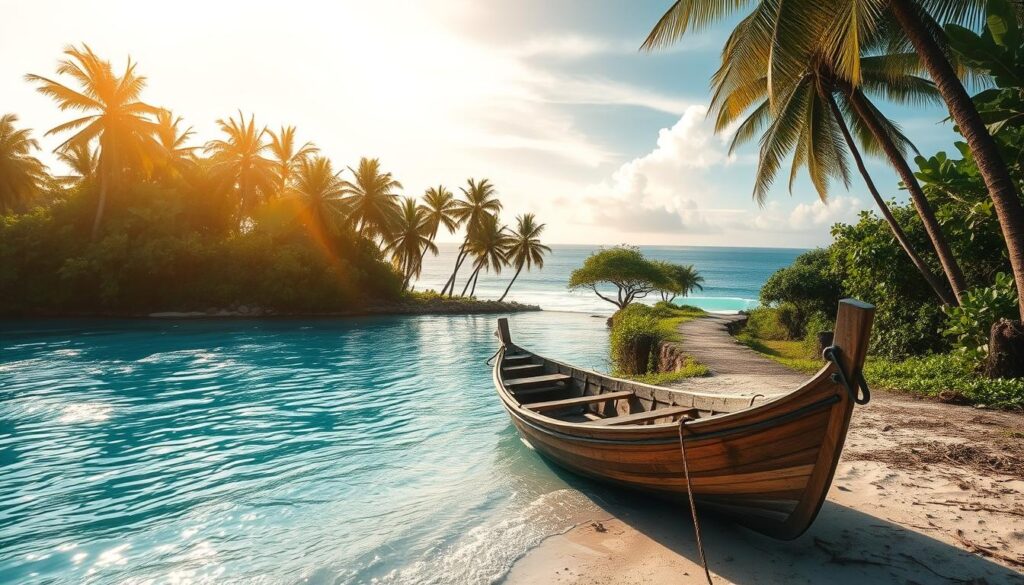
Bali’s coastline offers photographers an unparalleled canvas of tropical paradise imagery. The island’s serene island landscapes transform coastal photography into an extraordinary visual experience. From pristine beaches to dramatic shorelines, each location presents unique opportunities for capturing breathtaking moments.
Photographers seeking the ultimate coastal shot should explore these remarkable destinations:
- Nusa Dua: Known for crystal-clear waters and immaculate beaches
- Seminyak Beach: Perfect for sunset silhouettes and dramatic lighting
- Nyang Nyang Beach: A hidden gem with untouched natural beauty
- Uluwatu Coast: Dramatic cliff formations and stunning ocean views
Capturing the essence of Bali’s coastal life requires understanding local elements. Traditional fishing boats, known as jukung, add cultural depth to landscape compositions. Sunrise and sunset provide magical golden hours when tropical paradise imagery truly comes alive.
Pro photography tips for coastal shooting include:
- Use polarizing filters to enhance water clarity
- Experiment with long exposure techniques
- Include local cultural elements for storytelling
- Shoot during early morning or late afternoon for soft lighting
“In Bali, every beach tells a story waiting to be captured through your lens.”
Whether you’re a professional photographer or passionate traveler, Bali’s coastline promises unforgettable visual narratives of serene island landscapes.
Architectural Wonders: From Traditional to Modern Aesthetics
Bali’s architectural landscape represents a stunning fusion of cultural heritage and contemporary design. The island’s balinese architectural design creates a visual narrative that captures the essence of exotic destination branding, transforming ordinary spaces into extraordinary visual experiences.
Photographers and design enthusiasts find themselves captivated by the intricate balance between traditional and modern architectural elements that define Bali’s unique aesthetic.
Iconic Balinese Gates and Entrances
Traditional Balinese gates, known as candi bentar, represent more than architectural structures. These split gates symbolize spiritual transitions and offer photographers incredible opportunities to capture cultural depth.
- Intricate stone carvings that tell ancestral stories
- Symmetrical designs representing cosmic balance
- Strategic positioning highlighting spiritual significance
Villa Design Elements Worth Capturing
Balinese villa architecture blends indoor and outdoor spaces seamlessly, creating photogenic environments that showcase the island’s design philosophy.
- Open-air living spaces
- Natural material integration
- Tropical landscaping
Urban Meets Traditional Photography Spots
Seminyak and Ubud offer remarkable locations where contemporary design intersects with traditional balinese architectural design, providing photographers unique visual narratives of cultural evolution.
“Architecture is a visual art, and Bali is its most stunning canvas.” – Anonymous Architect
Bohemian Travel Style: Creating Instagram-Worthy Moments
Bali has become a paradise for travelers seeking to capture wanderlust visuals that embody a free-spirited bohemian travel style. The island offers countless opportunities to create stunning, shareable moments that go beyond typical tourist photographs.
To embrace the true essence of bohemian travel style, consider these key strategies:
- Dress in flowy, lightweight fabrics that complement Bali’s tropical landscape
- Seek out unique locations that showcase natural beauty
- Incorporate local elements without cultural appropriation
- Play with natural lighting and unexpected perspectives
Popular spots for creating Instagram-worthy shots include:
- Bali Swings overlooking lush rice terraces
- Flower-filled cafes in Ubud
- Beachfront locations with dramatic sunset backdrops
- Traditional Balinese architectural settings
Authenticity is key when capturing wanderlust visuals. Focus on telling a genuine story through your images, showcasing personal connections with the environment and local culture. Experiment with unexpected angles, natural light, and spontaneous moments that reveal the true spirit of your Balinese adventure.
“Travel is about capturing moments that transform your perspective, not just collecting perfect pictures.”
Remember that the best bohemian travel style photos emerge when you’re genuinely experiencing and connecting with the destination. Let your creativity flow and allow Bali’s magical atmosphere to inspire your visual storytelling.
Hidden Waterfalls and Jungle Scenes: Off-the-Beaten-Path Shots
Bali’s lush tropical vibes extend far beyond the popular tourist destinations. For photographers seeking unique landscapes, the island’s hidden waterfalls and mystical jungle scenes offer extraordinary opportunities to capture breathtaking images.
Adventurous photographers can explore some of Bali’s most secluded natural wonders. These off-the-beaten-path locations provide unparalleled chances to create stunning bali tourism photography that goes beyond typical postcard shots.
Secret Waterfall Photography Locations
- Sekumpul Waterfall: A multi-tiered cascade nestled in northern Bali
- Gitgit Hidden Waterfall: Tucked away in a dense tropical forest
- Tegenungan Waterfall: Dramatic landscape with multiple shooting angles
Jungle Photography Equipment Tips
Protecting your gear in humid jungle environments requires strategic planning. Invest in:
- Waterproof camera bags
- Silica gel packets to prevent moisture damage
- Lens cleaning kits
- Weather-sealed camera bodies
Best Times for Mystical Forest Shots
Capture the most magical jungle scenes during:
- Early morning: Soft light filtering through misty canopies
- Golden hour: Warm light creating dramatic shadows
- Rainy season: Enhanced greenery and atmospheric conditions
Remember to respect local environments and obtain necessary permissions before exploring these hidden natural treasures. Each photograph tells a unique story of Bali’s untouched wilderness.
Sunset and Sunrise Locations: Golden Hour Magic
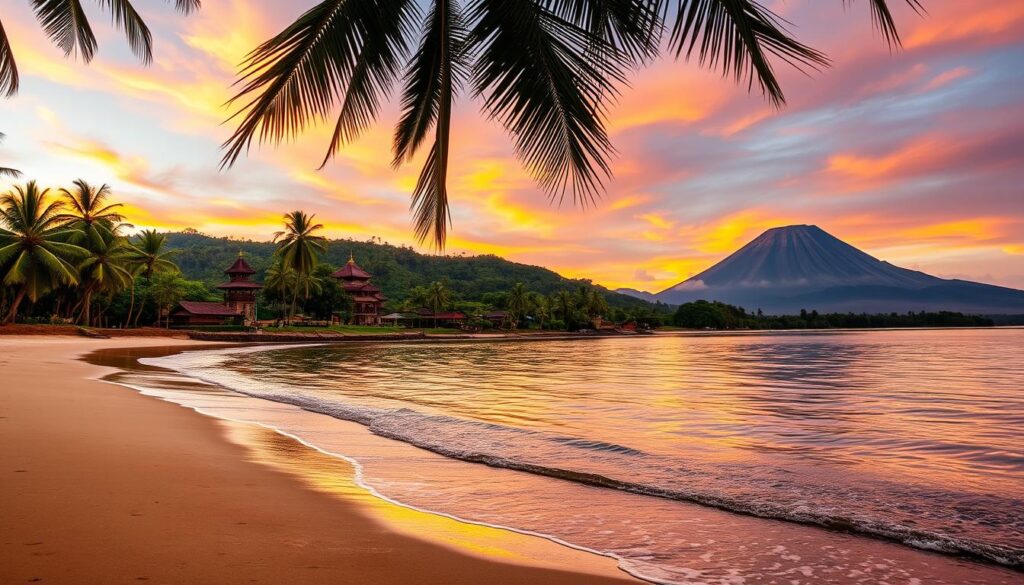
Bali’s serene island landscapes transform during the golden hour, offering photographers an unparalleled canvas of tropical paradise imagery. The island’s unique geographical position creates breathtaking light conditions that elevate every photograph from ordinary to extraordinary.
Photographers seeking the most stunning visual experiences should explore these top sunset and sunrise locations:
- Uluwatu Temple: Dramatic cliff-side views with ocean backdrops
- Jimbaran Bay: Pristine shorelines with fishing boats silhouetted
- Mount Batur: Volcanic landscape with spectacular sunrise panoramas
- Tanah Lot: Ancient temple surrounded by dramatic ocean waves
Pro tip: Arrive at least 30 minutes before actual sunrise or sunset to set up your equipment and scout the most compelling compositions.
“Every sunrise is a new chapter in the visual story of Bali’s breathtaking landscapes” – Local Balinese Photographer
Capturing these magical moments requires strategic planning. Consider these essential photography techniques:
- Use a tripod for stable shots during low-light conditions
- Experiment with graduated neutral density filters
- Focus on foreground elements to create depth
- Adjust white balance to preserve natural color tones
The golden hour in Bali offers more than just beautiful light—it’s a transformative experience that connects photographers with the island’s spiritual essence and natural beauty.
Cultural Ceremonies and Festivals: Capturing Living Traditions
Bali travel aesthetic comes alive through its rich cultural ceremonies, offering photographers a unique window into the island’s spiritual heart. The balinese cultural aesthetics are most vibrantly displayed during traditional festivals and religious events that transform the landscape into a living canvas of color, emotion, and ancient rituals.
Photographers seeking to capture the essence of Bali must understand the nuanced world of local celebrations. Each ceremony tells a profound story of cultural preservation and spiritual connection.
Traditional Dress Photography Guide
Balinese traditional dress represents a visual feast for photographers. The intricate details of ceremonial clothing provide remarkable opportunities for stunning imagery:
- White and gold kebaya for formal ceremonies
- Elaborate headdresses with symbolic meanings
- Intricate textile patterns representing spiritual narratives
Festival Calendar for Photographers
| Festival | Month | Photographic Highlights |
|---|---|---|
| Nyepi | March | Silent Day preparations and ogoh-ogoh parade |
| Galungan | July | Decorated penjor poles and traditional clothing |
| Kuningan | September | Elaborate temple ceremonies and family gatherings |
Etiquette for Ceremony Photography
Respecting local customs is paramount when documenting balinese cultural aesthetics. Photographers should:
- Always ask permission before taking photos
- Dress modestly and appropriately
- Avoid disrupting sacred rituals
- Use silent camera modes
“Photography is about capturing the soul of a moment, not just its visual representation.” – Balinese Photography Wisdom
Understanding these guidelines ensures that your bali travel aesthetic captures not just images, but the profound spiritual essence of this magical island.
Local Life and Street Photography: Beyond Tourist Spots
Bali tourism photography goes far beyond the typical postcard shots. The real magic of exotic destination branding lies in capturing the authentic heartbeat of local life. Street photography in Bali offers photographers a unique opportunity to explore the island’s rich cultural tapestry through intimate, unscripted moments.
When venturing into local neighborhoods, photographers should approach street scenes with respect and cultural sensitivity. Consider these essential tips for authentic Bali tourism photography:
- Learn basic Bahasa Indonesia phrases to connect with locals
- Ask permission before photographing individuals
- Dress modestly and blend into the community
- Use discrete camera equipment to avoid disrupting daily life
Compelling street photography requires more than technical skill—it demands genuine human connection. The most powerful images emerge from moments of mutual understanding between photographer and subject.
Remarkable locations for capturing local life include:
- Traditional morning markets in Ubud
- Fishing villages along the northern coast
- Artisan workshops in rural communities
- Local temple ceremonies during daily offerings
“Every photograph tells a story of human experience beyond typical tourist perspectives.”
Exotic destination branding thrives on authentic representations. By moving beyond staged scenes, photographers can reveal Bali’s true spirit—a world of genuine interactions, rich traditions, and vibrant community life.
Conclusion
Bali transcends typical travel destinations, offering a transformative visual experience that captures the essence of wanderlust visuals. The island’s unique landscape blends spiritual depth, natural beauty, and cultural richness into an extraordinary photographic journey that speaks directly to creative souls seeking authentic connections.
The Bali travel aesthetic represents more than stunning images—it’s an immersive storytelling medium that invites photographers to explore beyond surface-level experiences. Each snapshot becomes a narrative thread, weaving together intricate temple details, lush rice terraces, vibrant ceremonies, and intimate street scenes that reveal the island’s multifaceted personality.
Photographers venturing to Bali should approach their visual exploration with respect, curiosity, and cultural sensitivity. Your lens becomes a bridge between personal discovery and global understanding, capturing moments that reveal the profound beauty of human experience and natural wonder.
As you prepare to embark on your Bali photography adventure, remember that the most powerful images emerge from genuine connections and mindful observation. Embrace the unexpected, listen to local stories, and allow the island’s magic to guide your creative vision—transforming your wanderlust visuals into lasting memories that inspire and enlighten.

